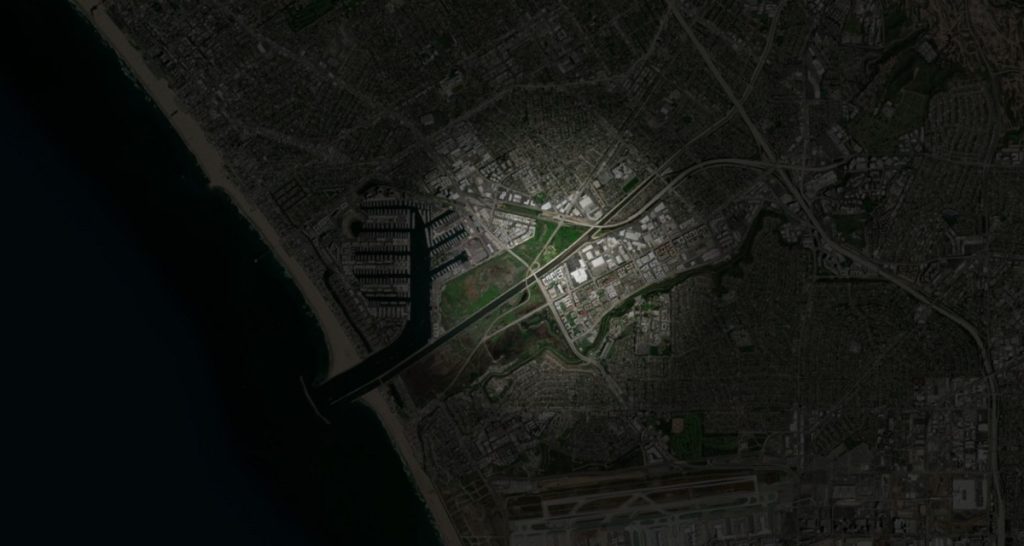
Startup Says It’ll Use Huge Space Mirror to Sell Sunlight During Nighttime (Image Credit: futurism-com)
The jury’s still out on most of the particulars.
Night Light
A provocative startup claims it will soon let people buy spots of sunlight reflected with a giant satellite mirror — but there are still a lot of outstanding questions about how (and whether) the whole thing will actually work. As Mashable reports, the Reflect Orbital startup has begun taking applications to “reserve a spot of light,” promoting the offering with a demonstration video posted to X-formerly-Twitter.
In the demo, former SpaceX intern and startup cofounder Ben Nowack is shown using an app outside in the dark that seems to control the location of the company’s sunlight-reflecting mirrors. As he selects the spot where he stands, the area around him is suddenly illuminated as if by stadium lights.
New things to play with on the website! pic.twitter.com/NJcOjFSblf
— Ben Nowack (@bennbuilds) August 22, 2024
Both Mashable and a reader note on another tweet featuring Nowack’s video note that it’s unclear how the video was filmed, and whether it’s a simulation of Reflect Orbital’s light-peddling service or what.
And unfortunately, there’s even more opacity surrounding the startup.
Bottom Lines
Notably, Reflect Orbital hasn’t yet launched the mirror-equipped satellite that’s key to its value proposition, though the California-based company says on its reservation page that “delivery” of these sunspots will occur in the latter part of 2025.
Despite those claims, it’s also unclear both how much the launch is going to cost and, perhaps more importantly, how much it’s going to cost consumers to purchase this so-called “sunlight-as-a-service.”
As Vice notes in its reporting on Reflect, there is no price listed on the company’s website, and when its reporters interviewed Nowack earlier this year, they either didn’t ask him about costs or he declined to answer.
We’ve reached out to the startup to ask about the financial elephant in the room and haven’t yet heard back, but if we had to guess, we suspect it’s not exactly going to be cheap given that even the cheapest and smallest satellite launches are estimated to cost about a million dollars.
There’s also a non-zero chance that this whole endeavor may be a wash considering that aside from one brief moment of Russian success, other attempts to mirror sunlight from space have failed.
Then again, if anyone could make it happen today, it probably would be a former SpaceX employee — as long as other people are paying for it.
More on satellites: SpaceX’s Starlink May Be Keeping the Ozone From Healing, Research Find








